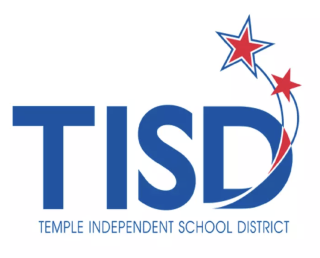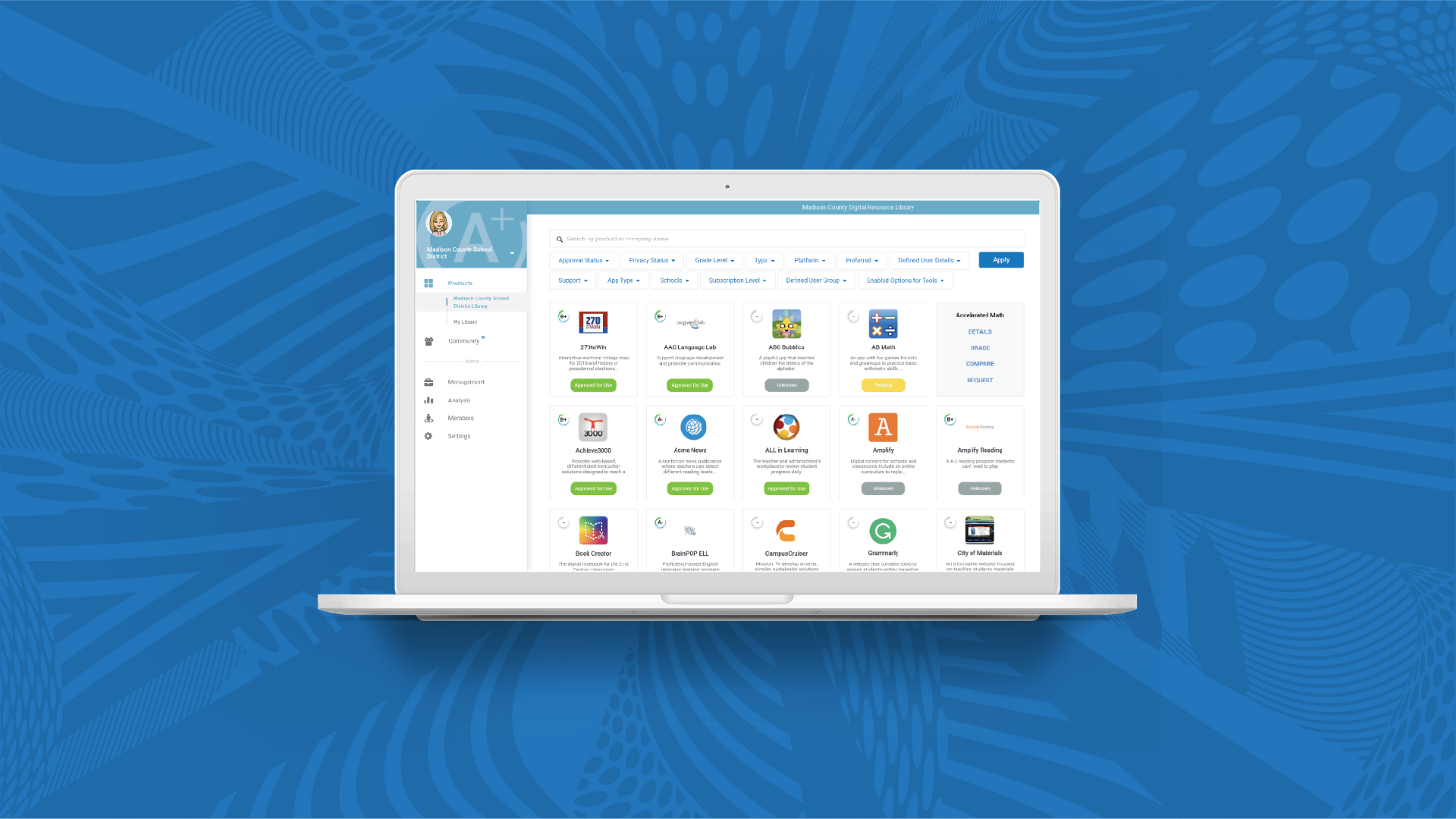When district leaders begin processes for choosing which edtech tools to continue to use in classrooms, they must consider a myriad of factors, including budget, state and federal regulations, actual student usage, teacher experience, impact on student growth, and more. This can pose an intimidating feat for districts if they’re not equipped with the tools to gather, analyze and interpret data necessary to make edtech decisions.
Additionally, with ESSER funds coming to an end, these decision makers also face the reality of smaller budgets while continuing to choose tools that best benefit students.
The Challenge
With these factors at the forefront of district leaders’ minds, the team at Temple Independent School District (Temple) was looking to acquire improved metrics on its district’s edtech usage to better influence financial and operational decisions. In order to get an in-depth view of the district’s edtech use, the team also recognized a need for building an evidence base so that they and others can make informed decisions regarding what edtech tools are safe, effective and should be used in the classroom to produce these desired outcomes.
To provide suggestions on the tools they believe best support the goals and needs of the district, the team had to consider:
Which tools are most cost-effective?
Are these tools compliant with state and federal regulations?
Are we getting a good return on investment?
Do we already have a tool that serves a similar purpose?
What recommendations would we provide our school or district leaders after examining edtech effectiveness for a particular product?
There are questions that we can’t answer without knowing exactly what tools we have, including, ‘Is this product as effective as we want it to be?
Craig Wilson
Director of Digital Learning, Temple ISD
Preparing For a Well-Equipped Evidence Journey
Temple began working with LearnPlatform by Instructure through a program offered by the Texas Education Agency (TEA) for Math Innovation Zone (MIZ) districts. MIZ works to design and sustain a blended learning model for school districts in Texas. As part of a cohort of specifically chosen MIZ districts enrolled in LearnPlatform’s Technology Audit Course, Temple gained access to the expertise and tools needed to evaluate their implementation of key edtech tools to ensure they are delivering value for Temple students and teachers.
Launched in May of 2022, the Technology Audit Course is designed to equip districts with the knowledge, skills and tools to run analyses on their edtech, and apply their findings to inform budget and implementation decisions.
We’re going to have to make some tough decisions [given budget limitations] – what are we going to keep, what are we not going to keep? What is most effective? Through the IMPACT™ and RCE reports, I’m hoping this will help us continue to make sound decisions moving forward.
Craig Wilson | Director of Digital Learning, Temple ISD
Launched in May of 2022, the Technology Audit Course is designed to equip districts with the knowledge, skills and tools to run analyses on their edtech, and apply their findings to inform budget and implementation decisions.
Another anticipated result of the course is an understanding of how to integrate rapid-cycle evaluations (RCEs) into their regular practices to evaluate those edtech tools quickly and cost-efficiently. Ultimately, educational leaders will have what they need to make data-driven decisions about their edtech implementations in their schools and districts.
The Temple team started by auditing the district’s edtech usage with LearnPlatform’s Inventory Dashboard. The Inventory Dashboard provided a foundation by identifying the edtech tools that were actually being used throughout the district and information that could be used to begin to build out a comprehensive library of district edtech. The district edtech library provides the team with a single, efficient way of sharing important edtech information, including resources to help guide classroom implementation, with teachers.
I want teachers to be informed when choosing the tools they use. We now have this library for [teachers]to explore and utilize for their students’ benefit.
Craig Wilson
Director of Digital Learning, Temple ISD
What's Next
The cohort-style technology audit course will continue to guide and provide the district leaders with both an online and hands-on approach. Upon completion of the course, the participating Temple administrators will be empowered to evaluate and improve their edtech implementations, ultimately driving more value from their edtech investments. With this, Temple, as well as other MIZ districts, will be equipped to inform ongoing decisions and maintain a safe, equitable, and cost-effective edtech ecosystem over time.
While the team at Temple is still in the early stages of implementing LearnPlatform, there has already been a shift in how the district’s education leaders are having conversations about its edtech usage and implementation. The team has also already worked with the LearnPlatform by Instructure research team to run its first set of rapid-cycle evaluations as they gear up to add more data to their evidence base.
Download Case Study



